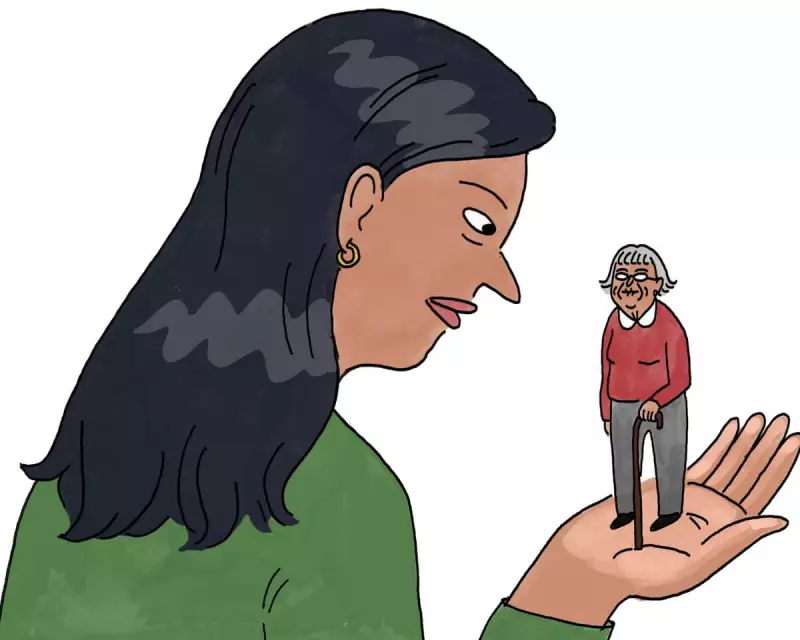
It's one of life's inevitable truths that often catches people by surprise - that gradual shrinking feeling as the years roll by. But why exactly do we lose height as we age, and is there anything we can do to slow the process?
The Science Behind The Shrink
According to leading medical experts, height reduction in adulthood is completely normal and affects nearly everyone to some degree. The primary culprit lies in our spines, specifically the discs that cushion our vertebrae.
"Between each vertebra sits a gel-like disc that acts as a shock absorber," explains Professor David Reid, a renowned musculoskeletal specialist. "These discs naturally dehydrate and compress over time, leading to a gradual reduction in spinal length."
When Shrinking Signals Something More Serious
While some height loss is expected, significant reduction could indicate underlying health issues. Osteoporosis, a condition that weakens bones and makes them more fragile, can lead to spinal fractures and more pronounced height loss.
"Losing more than two inches in height should prompt a conversation with your GP," advises Dr Sarah Jenkins, a geriatric medicine consultant. "This could indicate vertebral fractures that often go undiagnosed."
Fighting Back Against Height Loss
The good news is that several lifestyle factors can help minimise age-related shrinking:
- Calcium and Vitamin D: Essential for maintaining bone density and strength
- Weight-bearing exercise: Activities like walking, dancing and strength training support bone health
- Posture awareness: Combat the forward slump that can make you appear shorter
- Smoking cessation: Smoking accelerates bone density loss
- Moderate alcohol consumption: Excessive drinking can weaken bones
The Posture Factor
"Much of what people perceive as shrinking is actually postural change," notes physiotherapist Michael Chen. "As we age, we tend to develop a forward head posture and rounded shoulders, which can make us appear significantly shorter."
Regular posture exercises, yoga and Pilates can help maintain spinal alignment and potentially preserve your height.
When Does The Shrinking Start?
Most people begin to notice height changes in their 40s and 50s, with the process accelerating after 70. On average, men can lose about 2.5cm between ages 30 and 70, with women experiencing slightly more reduction.
"It's a natural part of ageing, but that doesn't mean we should accept significant loss without investigation," concludes Dr Jenkins. "Staying active, eating well and monitoring changes can help you stand tall for years to come."





